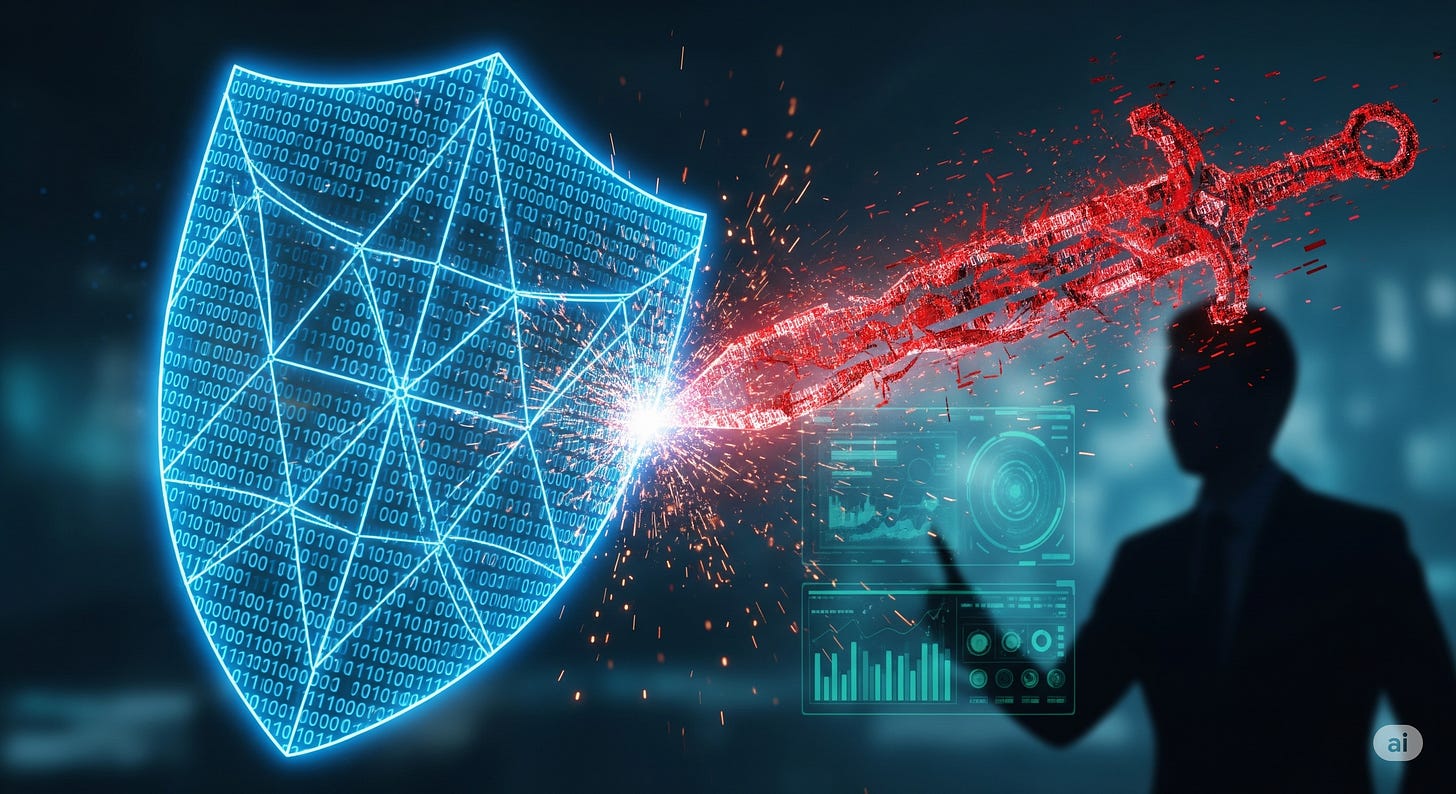The Impact of Autonomous AI Agents on Cybersecurity
Opportunities and Challenges in 2025 and Beyond
TL;DR
This report highlights the dual nature of the technology: on the one hand, it holds immense potential to revolutionize defense, and on the other, it creates unprecedented, complex risks. The most important lessons synthesized are as follows:
Paradigm shift in defense: AI agents enable cybersecurity to transition from a reactive, incident-focused model to a proactive, predictive, and highly automated strategy. Capabilities such as adaptive threat hunting, hyper-efficient SOC operations, and automated vulnerability management can dramatically increase defensive capabilities and reduce reaction times.
New, abstract attack surfaces: The focus of risks is shifting from traditional, code- and network-level vulnerabilities to the manipulation of agents' perception, reasoning, and decision-making processes. Threats such as prompt injection, perception hijacking, and the cascading effects inherent in multi-agent systems require new ways of thinking and new defense strategies.
The central role of governance: The biggest challenge is not technological, but one of governance. Organizations must urgently develop robust frameworks that ensure the safe, auditable, and ethical operation of autonomous agents. This includes strict permission management, continuous monitoring, human oversight, and the definition of clear responsibilities. The risk of the "algorithmic insider threat" is real and requires immediate attention.
The transformation of the human role: Human expertise remains indispensable, but its role is shifting from execution to strategic direction, system design, agent training, and making complex, contextual decisions. The cybersecurity professionals of the future will need to be technologists, strategists, and "governors" of the digital workforce all at once.
The future clearly points towards continuous, high-speed, machine-vs-machine cyber warfare. In this environment, the organizations that succeed will be those that not only invest in the latest technologies but also build an agile, adaptive security culture based on a close partnership between human and machine intelligence.



